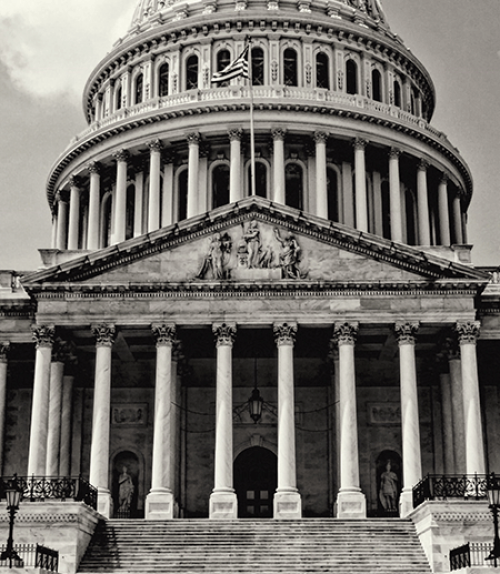 Department Homepage
The College of Arts & Sciences
Department Homepage
The College of Arts & Sciences
Separation of powers at stake in US House v. Trump
The U.S. Court of Appeals for the District of Columbia held arguments by phone on Tuesday in a case pitting the Trump administration against the House of Representatives over the latter’s power to enforce a subpoena for former White House Counsel Donald McGahn’s testimony.
More news


Your February 2026 reads
Cornellians

New summer course to spark civic engagement in high schoolers
A&S Communications

